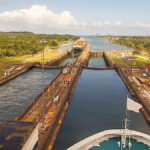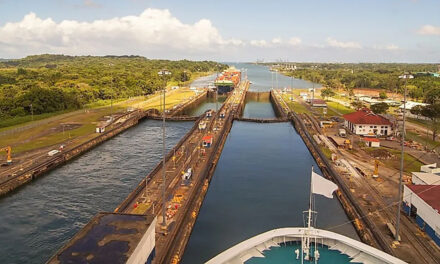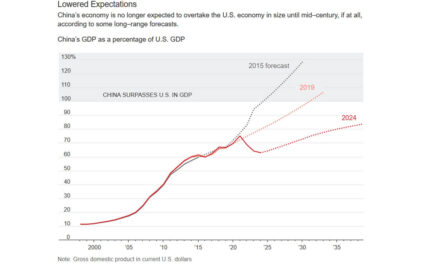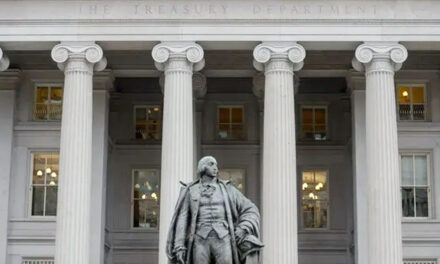
Iran Accused of Attacking Four Tankers in Gulf of Oman
Four tankers in the Gulf of Oman were hit with explosives on Sunday.
Two of the tankers belonged to Saudi Arabia, one to Norway, and another to the United Arab Emirates (UAE). At least one of the tankers had been on its way to collect oil for shipment to the United States.
Reports from the BBC confirmed there were no secondary explosions, no fires, and no casualties.
US investigators blamed the attack on Iran (or a proxy), but found no evidence to confirm their suspicions. Tehran described the attack as “dreadful” and suggested Israel could be to blame.
Hours later, two editors of Iranian, IRGC-affiliated news outlets suggested Iran was responsible:
“All our options are on the table, the port #YANBU and also the port #FUJAIRAH were attacked. Two ports which are meant [to supply oil] in place of Iranian oil! They received such a blow that they didn’t understand where it came from!” tweeted Hamed Rahim-Pour, editor of the daily paper Khorasan.
“Al-Fujairah Port, which is the sole lifeline for the export of oil from the UAE and Saudi Arabia, has been set on fire,” added Amin Arabshahi, director of the Tasnim news agency. “The guys of the Islamic Resistance set fire just before the #StraitofHormuz. Merchants of fear [i.e., the administration of US President Trump] should know that the war started years ago. We are in its final moments.”
Arabshahi’s tweet was deleted almost immediately.
The Background
The Gulf of Oman is a sensitive region connecting the Strait of Hormuz to the Arabian Sea; it borders Iran and Pakistan to the north and the UAE and Oman to the south.
The Strait of Hormuz, which links the Persian Gulf to the Gulf of Oman, is a key waterway through which one third of all the world’s oil tanker traffic passes. At its narrowest point, the shipping lanes are just 2 miles wide.
Iran threatened to block the Strait of Hormuz last month as the US announced an end to waivers allowing countries to purchase Iranian oil. This month, the Trump Administration dispatched a carrier strike group and bomber task force to the Middle East to safeguard US interests in the face of increased Iranian aggression.
Last week, the US Maritime Administration warned that “Iran or its proxies” could soon target commercial vessels in the oil-rich region. The same week, Iran announced it was partially withdrawing from the Obama-era nuclear deal (JCPOA) Trump pulled out of in 2018.
On Monday, President Trump issued this warning to Iran: “If they do anything they will suffer greatly.”
Here’s what I think:
While Iran certainly has reason to attack the oil tankers, I doubt they would do so given the increased US presence in the region. The attack was likely carried out by rogue forces (in support of Iran).
Just as terrorist groups will claim responsibility for attacks they did not commit, the Iranian journalists wanted publicity from the events so they acted like Iran was responsible. Either way, the situation near the Strait of Hormuz is deteriorating and I wouldn’t be surprised if military intervention by the US or SA becomes necessary.
Editor’s note: Trump’s style in negotiations with North Korea, China, the EU and others has been to elevate tensions as a prelude to negotiation. These attacks could be symptoms of a lot of behind the scenes moves, perhaps some jockeying for position.

























I would not be surprised if the Israelis or the Saudis weren’t responsible to frame the Iranians.
Do as REAGAN DID, one strike then shut down the IRAN IDIOTS, so DESTROY THE IRAN ” KEY STONE NAVY ” BASE AND IT WILL STOP THEM AGAIN! They only have ” ROW BOATS ” to fight with!